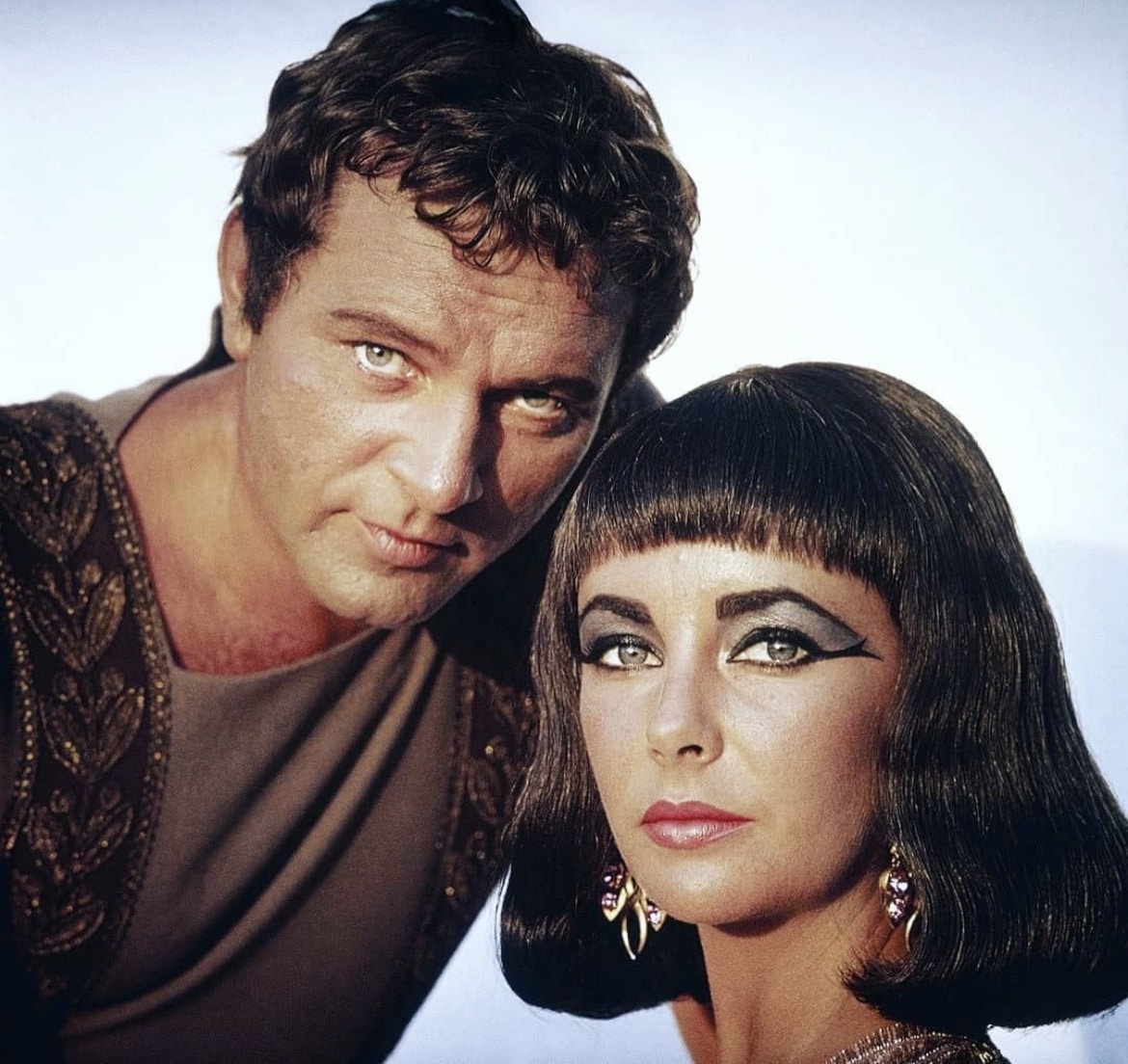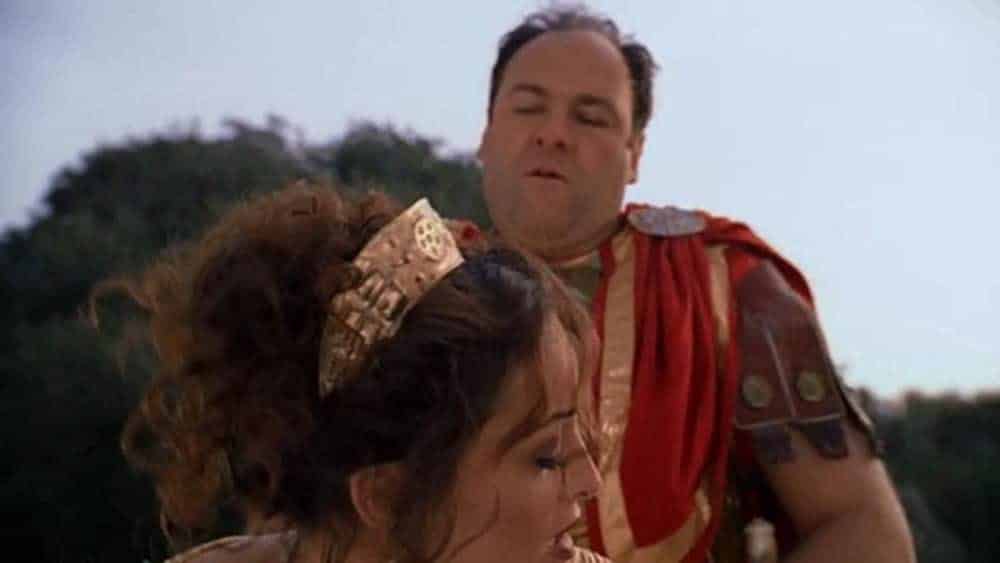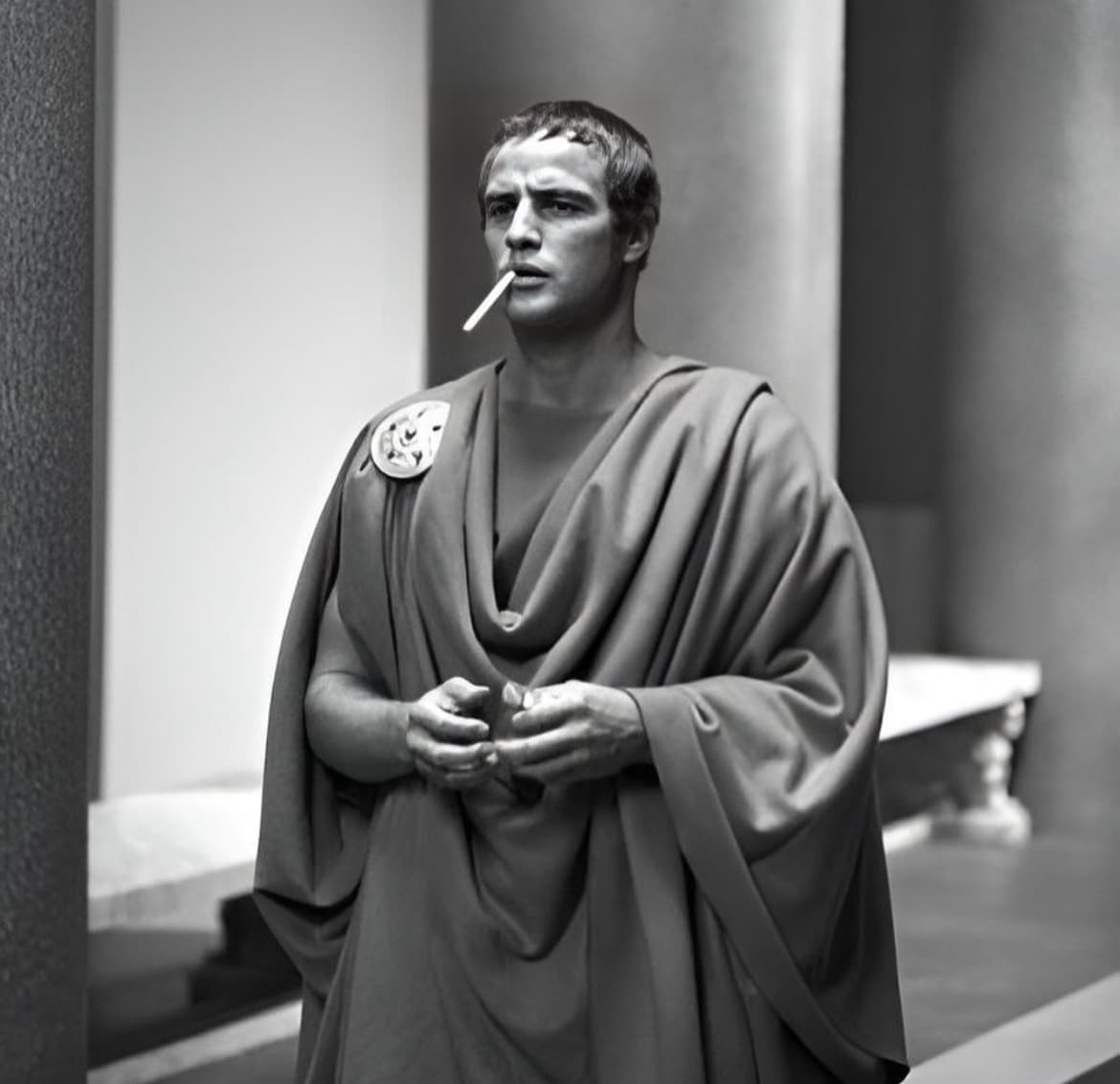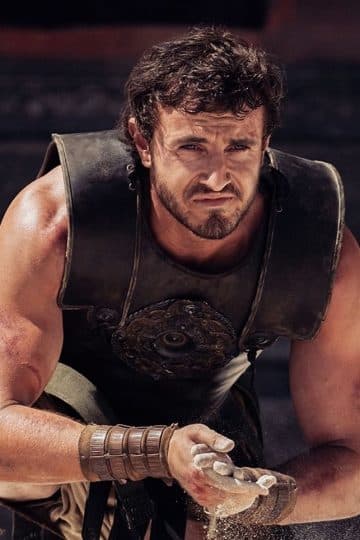Why men think about the Romans
Masculinity
Why men think about the Romans: it's quite straighforward really, what's not fascinating about inventions, law, war, sexytimes and armour
Men thinking about Romans has become a big meme-y thing on social media, this idea that while us pitiable men are going about our mundane days, in our heads we’re exploring the Roman Empire, thinking about chariot racing and aqueducts and sanitation. The big meme-y thing is of course about mocking men, fondly or sometimes not, which is absolutely fine of course. For along with stupidity, all men are gifted with a sense of humour too (if we’re going to be sweeping about things). Besides, whisper it…it’s true! We love the Romans! And why shouldn’t we? Those creators of civilisations, inventor of city living, organisers of law and public events, dramatists and philosophers, builders and destroyers, organisers of war and bacchanals, great leaders and doomed ambition. What’s not to love?

It’s called history, innit, and we also like thinking about the Bronze Age, the World Wars, the French Revolution, Stonehenge and the Plague. But the Romans have a special place, and given social media screen-faced existence where history is reduced down to the last five minutes and discourse reduced to slanging matches, no wonder we’re escaping off into the Empire.
You think we’re seeing it as a way to remember when men were men, is that it? Gladiators and brutality ruling the earth? Wish fulfilment for throwback anti-feminists? Tony Soprano fantasising about the appreciation he’d find in Rome? No! This isn’t Sparta! The interest is about the creation of civilisation and law, human rights and equality, and, alright, madness and murder, and a sexual free for all, “Snails and Oysters” and all.

Look, the Roman Empire lasted for over a millennium, they must have been doing something right. No wonder it’s of interest while right now the world is falling apart. Of course they perpetuated horrors, but this is about understanding how countries and government and leaders and armies operate – those who don’t learn from history are doomed to repeat it.
So yes, we love the Romans, and here are some specific things we like to think about all the bleeding time:
Admin!
The Roman Empire was a pioneer in the development of administrative structures and legal systems. They perfected the concept of a republic, with a Senate and elected officials, setting the stage for modern representative governments. Their legal system, including the Twelve Tables, formed the foundation for Western legal codes, emphasising the principle of “innocent until proven guilty.” The concept of citizenship was also developed in ancient Rome.
Not bad, right? That whole looking after your people with rights vibe.
Building stuff!
The Romans were renowned for their architectural prowess. They constructed monumental buildings such as the Colosseum, the Pantheon, and aqueducts that brought water to urban centres. Their use of arches, domes, and concrete revolutionised construction, inspiring structures like the Romanesque and Gothic cathedrals in the Middle Ages. Their road network, with its famous Via Appia and Via Aurelia, facilitated trade, communication, and the movement of troops.
And how straight the roads were! How straight. Just us?
The Roads!
“All roads lead to Rome.” Not to bang on about it but the Roman roads were a testament to their engineering skill. They connected the far reaches of the empire, making transportation faster and more efficient. Many of these ancient roads are still in use today, though perhaps with more tarmac on, but their legacy can be seen in the layout of modern cities and transportation systems. Not all roads lead to Rome though, some of them lead to Nuneaton.
Lit and Lang!
The Romans played a pivotal role in the development and spread of Latin, which later evolved into the Romance languages. Their commitment to education and literature led to the preservation of countless works by authors like Virgil, Cicero, and Ovid, heavyweights who influenced all that followed. Latin became the lingua franca of the Roman Empire and continued to be used in scholarly and ecclesiastical contexts for centuries. Now it’s used to make Eton types feel superior, but still…what would language be without it? Grunts!
Culture vultures!
Roman culture was a dynamic blend of various influences, particularly from Greece and the Etruscans. They introduced innovations in art, literature, and philosophy – their key interest by figures like Cicero and Marcus Aurelius in Stoicism (not so much putting up with anything but about self-control and clarity over more destructive emotions, and the importance of morality in human affairs) and Neoplatonism (thinkers exploring the idea that their is a higher reality beyond this one) is seen as the link between Ancient Greek philosophy and Christian philosophy. Their amphitheaters hosted elaborate performances, and the circuses were known for chariot races. Roman gladiators became legendary figures, still celebrated in popular culture and cinema.
Politics!
Roman law, particularly the principles of “jus civile” (civil law) and “jus gentium” (law of nations), laid the groundwork for modern legal systems. Concepts such as property rights, contracts, and the legal personhood of individuals have their roots in Roman jurisprudence. Additionally, the Roman Republic’s concept of a constitution and checks and balances has influenced the formation of modern democracies. You know, those things that almost work…
Medicine!
The Roman Empire made significant contributions to the field of medicine. The physician Galen, who practiced in Rome, made valuable contributions to anatomy, pathology, and therapeutics. The Romans also emphasised public health and hygiene, which were critical to the growth and stability of their cities. Cheers!
Engineering!
Roman engineering is perhaps best exemplified by the construction of aqueducts. These intricate systems transported fresh water from distant sources into urban areas, improving sanitation and public health. Roman engineers also designed remarkable structures like the Pont du Gard in France and the Segovia Aqueduct in Spain, which are still admired for their elegance and functionality. Not bad, eh? “What have the Romans ever done for us?” “The aqueduct!” etc.
The Roman Empire was a beacon of civilisation, fostering advancements in governance, engineering, culture, and law that continue to shape the modern world. The legacy of Rome is ever-present. So yes men think about it all the time! By understanding and appreciating the achievements of the Roman Empire, we gain insight into the foundations of our own society and culture. Yes mates. It’s really not just us fantasising about being a gladiator and Elizabeth Taylor in the bath.
Trending

Join The Book of Man
Sign up to our daily newsletters to join the frontline of the revolution in masculinity.



















